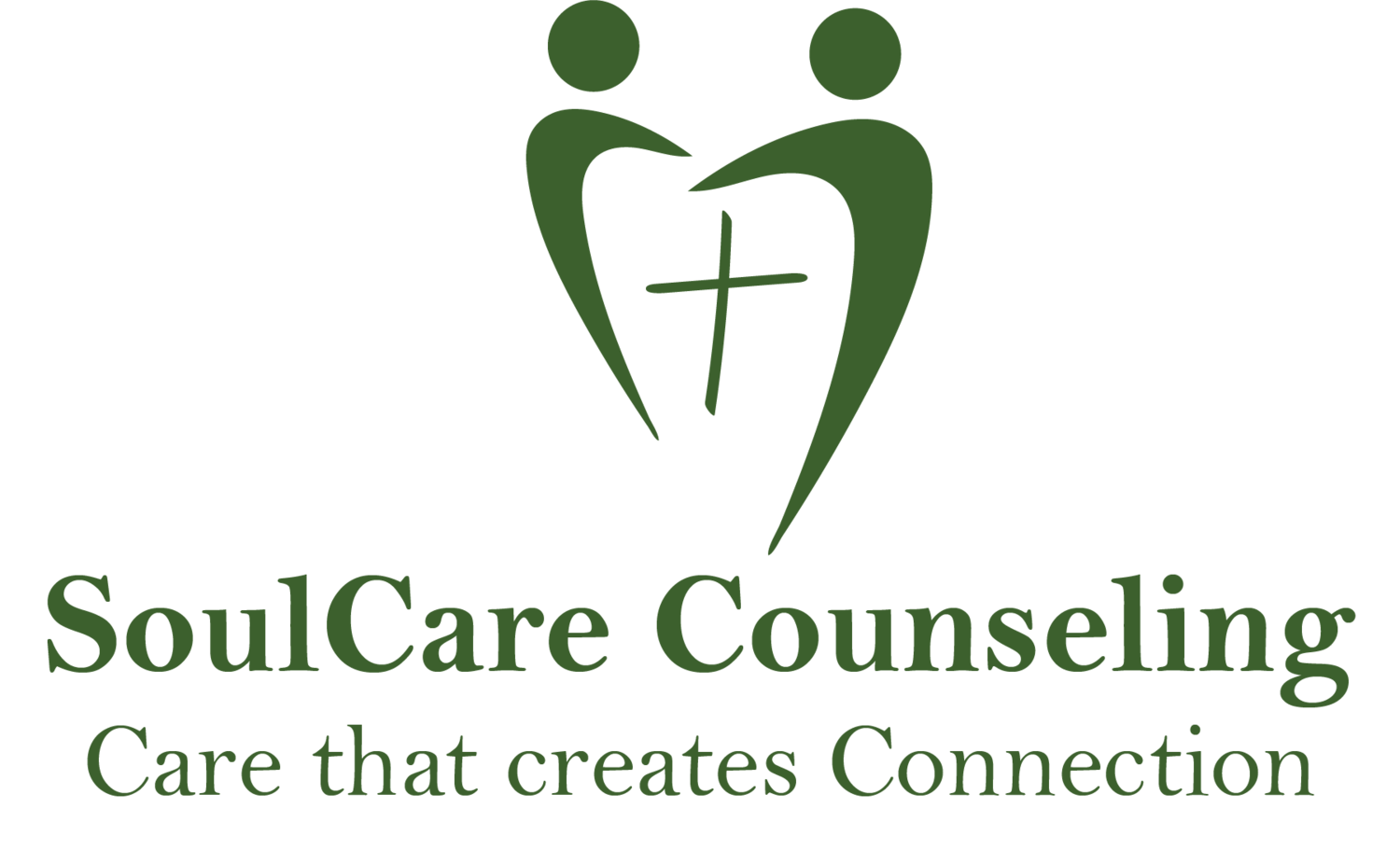What Is An Avoidant Attachment Style?
In Emotionally Focused Therapy, we focus on attachment, or connection. The first book in the Bible tells us that we are wired for connection. God said clearly, “It is not good that man should be alone.” Of everything else in creation, God said, “It is good.” This is the only time God said something wasn’t good. Why? Because God created humans for connection, and when we are not securely attached to at least one significant human relationship, to put it mildly, we do not thrive.
Research shows that when a person experiences disconnection from others, their brain eventually starts to deteriorate, anxiety and fear take over, and they experience high levels of stress. This is why solitary confinement is such a harsh punishment. But when a person has at least one secure relationship, they thrive, living longer, happier, and healthier lives than those without connection.
The Four Attachment Styles
Decades of research on human attachment have revealed four attachment styles, or ways that people learn to operate in relationships. One is healthy, the other three are unhealthy.
Secure Attachment Style
People with a secure attachment style are secure in relationships. They tend to be warm, loving, comfortable with closeness, and at ease with their relationship.
Anxious Attachment Style
People with an anxious attachment style are insecure in relationships. They fear rejection/abandonment, seek constant closeness, seek approval, and are untrusting.
Avoidant Attachment Style
People with an avoidant attachment style are independent in relationships. They are self-reliant, do not value close relationships, and withdraw from any “scary” emotions.
Disorganized Attachment Style
People with a disorganized attachment style are usually trauma survivors. They basically switch back and forth between anxious and avoidant attachment.
A Person With An Avoidant Attachment Style
Will Be A Withdrawer
In this blog, I will focus on the avoidant attachment style. About 25% of the population has avoidant attachment style. Maybe you do. In Emotionally Focused Therapy, we call these “withdrawers” because when their partner pursues them with big emotions, calling them to draw close, they pull away and shut down in order to avoid the emotions that they fear might disconnect them from the relationship.
In childhood, the response of avoidants to unhealthy attachment with their primary caregivers was avoid relying on others for their emotional needs. The by-product of that is that they also did not learn how to meet or deal with the emotional needs of others. Instead, they learned how to avoid emotions by using humor, dismissing, seeking solutions, freezing/going silent, getting nasty to scare emotional people away, and mentally or physically leaving.
Don’t believe that the withdrawer, showing no emotion, is a Vulcan disguised as a human. No, although there seems to be no emotion on the outside, inside the avoidant partner feels the same anxiety as the anxious partner about the state of the relationship. After all, we’re all wired for connection.
The Withdrawer’s Fear
Secretly, people with an avoidant attachment style - withdrawers - are afraid of failing, letting people down, and not being enough. The weapon they use to keep these things from happening is withdrawal. They cannot admit this, even to themselves, so they tell themselves that their emotional/pursuing partner is “too needy,” “never satisfied,” or even “has a mental illness.” At the core, oddly, they are trying to keep their relationship and themselves safe by avoiding the emotions and conversations that they believe are dangerous.
Here are some triggers that set off the withdrawer’s fear and cause him or her to shut down:
Big Emotions
Withdrawers don’t know what to do with big emotions, especially negative emotions. When those emotions arise in themselves or others, they feel unsafe and have learned to turn them off. Unfortunately, they also expect their partner to do the same thing.
Conflict
If a withdrawer picks up a signal that they have made their partner unhappy, the message they hear is, “You failed, you aren’t enough, you can’t get it right, you’re going to kill this relationship,” and they start shutting everything down to avoid further damage.
Shame
Withdrawers feel that it is up to them to keep the big emotions away, so when they are not able to do so, they feel shame. When they hear their partner say, “It hurts when you push me away,” it is very hard for them to stay with their partner’s hurt and deal with it because their own shame over causing the hurt is so great. This is hard for them to admit, but it’s true.
How You Can Become Securely Attached
If you have an avoidant attachment style, it’s possible to become securely attached, but not on your own. Since withdrawers taught themselves not to pay attention to emotions, they don’t know how to react empathetically to their partner’s emotions. What you can do is admit that you do need to rely on others for your emotional needs and you need to be able to deal with and meet their emotional needs. If you can admit that, that is a huge step forward. Another thing you can do is print out a chart of emotions and use it to give names to the feelings you experience in your body when there are big emotions in the room, conflict, or shame.
Then the biggest thing you can do involves SoulCare Counseling. We are trained in Emotionally Focused Therapy and are experts at working with emotions and attachment. I encourage you to read some of our blogs about Emotionally Focused Therapy, then reach out to us to schedule a free, no-obligation, thirty-minute consultation to get you and your partner started on the road to repair and reconnection.
Risper Ngumba is a Licensed Professional Counselor - Associate under the supervision of Dr. Bernis Riley, LPC-S and Certified EFT Therapist. She holds a Master’s Degree in Marriage and Family Therapy.



